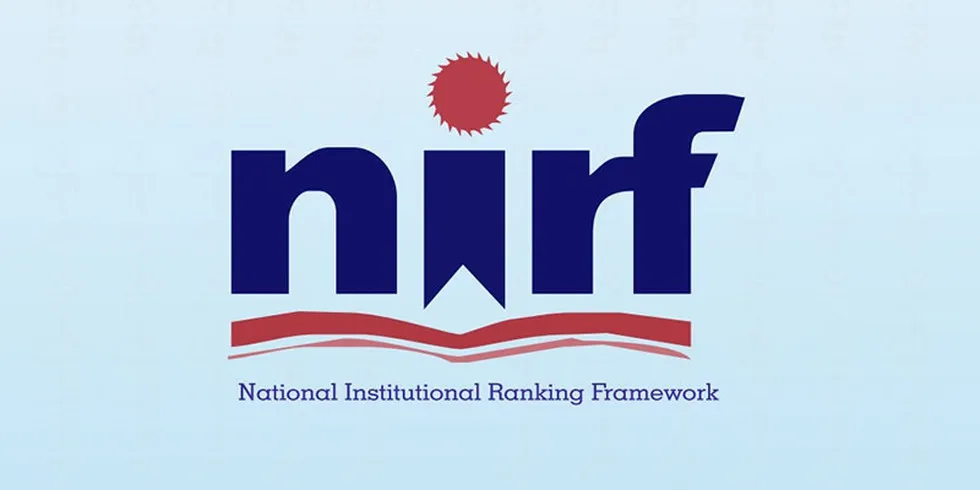National Institutional Ranking Framework (NIRF)

National Institutional Ranking Framework (NIRF) to Penalize Retracted Research Papers from 2025
Beginning in 2025, the National Institutional Ranking Framework (NIRF) will introduce a significant policy change that aims to strengthen academic integrity in Indian higher education. Under the new guidelines, institutions will receive negative scores for research papers that have been retracted within the last three years, as well as for citations of such retracted works. This step is intended to discourage academic malpractice and reinforce responsible and ethical research practices. The inclusion of this penalty underscores the growing emphasis on quality and credibility in academic research output, not just quantity.
Key Provisions:
The NIRF was launched in 2015 by the Ministry of Education to evaluate and rank institutions across India based on several performance parameters. These include Teaching, Learning & Resources, Research & Professional Practice, Graduation Outcomes, Outreach & Inclusivity, and Perception. The rankings serve as a valuable tool for students seeking credible institutions, and they also encourage institutions to continuously improve their academic and research standards.
Institutions participating in the NIRF rankings are broadly classified into two categories: Category A, which includes institutions like IITs, state universities, and central institutions; and Category B, which comprises affiliated colleges. Over time, the NIRF has expanded its scope to include subject-specific rankings such as Law, Pharmacy, Architecture, Agriculture, and Innovation, ensuring comprehensive evaluation across diverse academic fields.
In 2024, the NIRF saw record participation, with more than 6,500 institutions taking part. Premier institutions like IIT Madras, IISc Bengaluru, IIM Ahmedabad, and AIIMS Delhi retained top positions in their respective categories, reaffirming their academic excellence and research capabilities. Many institutions have shown consistent performance over the years, helping build credibility and continuity in the Indian higher education landscape.
The new provision regarding retracted research aligns with global academic standards, emphasizing that ethical lapses can and will impact institutional reputation and rankings. This development is expected to prompt institutions to implement stricter quality checks, foster research integrity, and create an environment where originality and accountability are prioritized. It marks a critical step in ensuring that Indian research is globally respected and adheres to the highest standards of academic conduct.
Comments
Leave a Comment
No comments yet.

